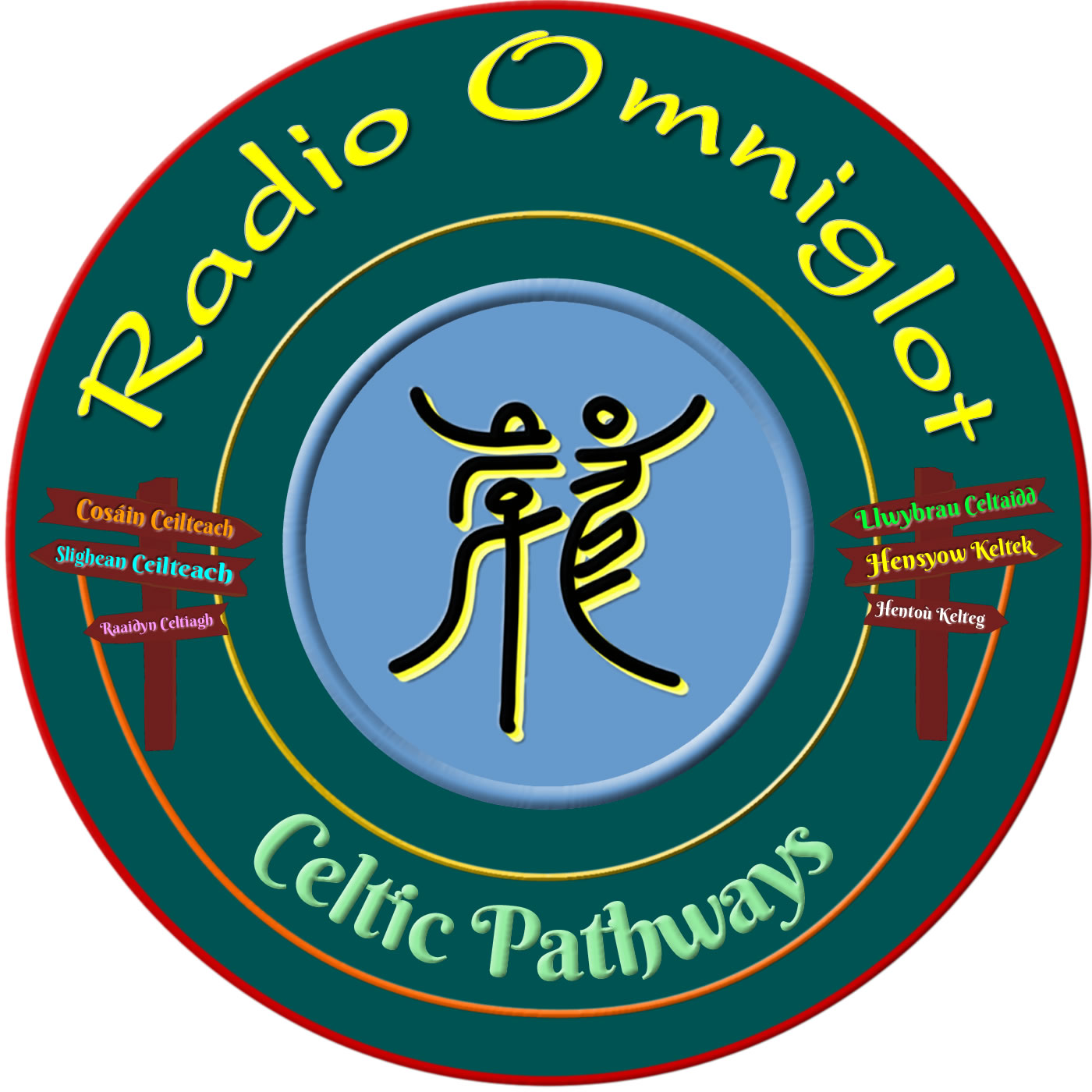

In this episode we’re gazing into the origins of the words whisk(e)y and bourbon, both of which have Celtic roots.
Whisk(e)y is a liquor distilled from the fermented mash of grain (such as barley, rye or corn). It’s typically written with an e in Scotland, Canada and Australia, and without an e in Ireland, England and the USA. This distinction emerged in the 19th century.
It was borrowed from the Irish uisce beatha [ˈɪʃcə ˈbʲahə]) and/or the Scottish Gaelic uisge-beatha [ˈɯʃkʲə ˈbɛhə], both of which mean “water of life” and which are calques of the Latin aqua vitae (“water of life”) [source].
The spelling and pronounciation of this word in English has varied over time: uskebeaghe (1581), usquebaugh (1610), usquebath (1621), and usquebae (1715). These were abbreviated to usque, which became whisk(e)y, which first appeared in writing in 1715 [source].
Related words in the modern Celtic languages include:
uisce [ˈɪʃk̟ɪ] = water, rain, tears, saliva and in Irish
uisge [ɯʃgʲə] = water, rain in Scottish Gaelic
ushtey [ˈuʃtʲə] = water in Manx
beatha [ˈbʲahə] = life, living, sustenance in Irish
beatha [bɛhə] = life, existence, food in Scottish Gaelic
bea = animation, life, lifespan in Manx
bywyd [ˈbəu̯ɨ̞d/ˈbou̯ɪd] = life, existence; liveliness in Welsh
bewnans [‘bɛʊnans] = life, living in Cornish Gaelic
buhez [ˈbyːe(z)] = life in Breton
More about words for water and life in Celtic languages.
Bourbon l’Archambault
The word bourbon refers to a type of whiskey, named after Bourbon County in Kentucky, and/or Bourbon Street in New Orleans. Both names come from the French House of Bourbon, which is named after the lordship of Bourbon l’Archambault, which is now a town in the Allier department in Auvergne-Rhône-Alpes region in central France [
Top comments